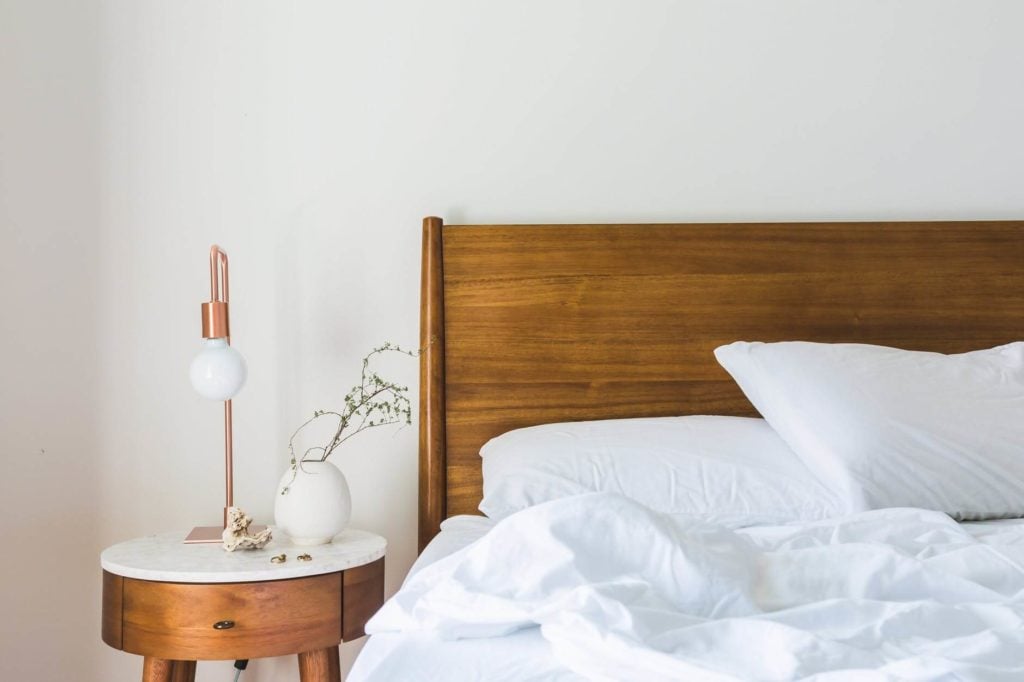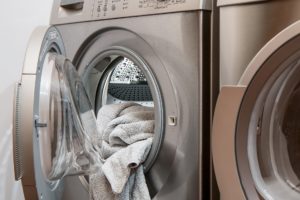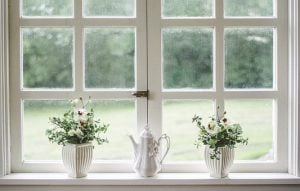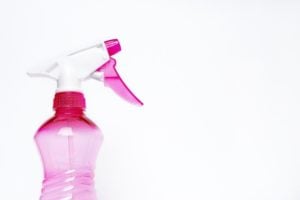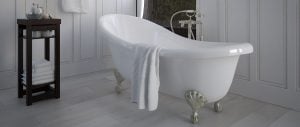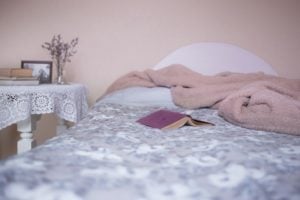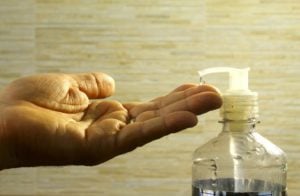10 Tips to Keep Your Home Germ-Free
For many people, home is a safe space and somewhere they can relax after the end of a busy day. But unless your home is kept clean and free from bacteria, it might be making you sick.
Germs are everywhere, but there are steps you can take to keep yourself safe from infection and your home bacteria-free.
Below we share our cleaning tips and tricks to help keep your home germ free.
1. Follow a Regular Cleaning Routine
One of the easiest ways to ensure you keep on top of the cleaning is to follow a regular routine. If you’re really busy, it can be difficult to clean regularly. Even if you’re doing little bits here and there, it’s hard to remember what you’ve cleaned and what you haven’t. This is why having a regular routine is so important.
We find it’s helpful to write your cleaning days into the calendar so that your home gets cleaned every week or so and you don’t feel the burden of doing everything at once. Having a clear process ensures you don’t miss cleaning certain areas of your home all the time, keeping everything free from bacteria on a regular basis.
2. Keep Your Home Dry and Well Ventilated
Moisture and high humidity levels can be common in the home if precautions aren’t taken. High levels of moisture can make for a breeding ground of bacteria. So, it is essential to keep your home dry and well ventilated.
We recommend keeping windows open as much as possible to ensure there is a regular stream of fresh air blowing through your home. If this is not an option, consider purchasing a dehumidifier. These clever little machines are perfect for reducing the moisture content in your home, even removing damp from the walls where bacteria can build-up and fester.
3. Cook Your Meals with Care
Germs can enter our bodies through the food we eat and if you don’t prepare your food properly or cook it carefully, you could be exposing your body to dangerous pathogens. These pathogens can hide in leafy greens, potatoes, and fruit, so it’s extremely important to wash everything thoroughly before cooking to remove germs.
After cooking, it’s extremely important to wipe down all countertops using an antibacterial spray. Bacteria breeds on raw meat and other uncooked foods, so it’s important that all surfaces are completely cleaned before and after any food preparation.
4. Disinfect All Cleaning Sponges
The sponge you use to clean your dishes with is likely harbouring a huge amount of bacteria. Not many people think about disinfecting their cleaning sponges, but it’s one of the most important things you can do to have a germ-free home. If you are cleaning with an old sponge that has not been disinfected, you could be spreading more bacteria around your home rather than cleaning it up. So, please use a good disinfectant to keep your sponges germ-free.
You could even wash them in a solution of water and bleach to kill any lingering bacteria. And if the sponge is very old and in bad condition, you should change it immediately.
5. Anti-Bac All Bins in Your Home
Regularly emptying the rubbish bins around your home is a great way to prevent bacteria build-up. However, using the same rubbish bin for extended periods of time without cleaning it can make it a breeding ground for germs. To avoid this, use a microfibre cloth and some anti-bacterial spray to clean your rubbish bins every time you empty them out. This will keep them free from bacteria and prevent sickness in your home.
6. Keep Your Curtains Clean
Although most people don’t bother, keeping your curtains clean is a great way to get rid of the bacteria in your home. Curtains are often a nesting space for spiders, a collection area for dust, and a place that can hold a lot of germs. So, washing them regularly is important.
Keep your curtains clean by removing them once a month and putting them through the washing machine. Not only will they look and smell great, they will also be germ-free for longer.
Remember: this tip also includes your shower curtain – don’t forget to put it in the wash once a week!
7. Always Put Down the Toilet Seat
Your toilet is one of the most bacteria-ridden areas in your home. In addition to cleaning your toilet on a regular basis, you should also put down the toilet seat before flushing. When you flush the toilet, bacteria and other nasty germs get splashed into the air, where it can survive for a couple of hours at a minimum. You can prevent this by putting the toilet seat down when you flush.
8. Keep Your Bathroom Clean
Your bathroom is one of the dirtiest areas in your home and it is also one of the spaces that gets used the most. Bacteria thrive in damp, humid environments – making your bathroom the perfect breeding ground.
The best way you can keep your bathroom germ-free is by cleaning it regularly. We know, it’s not the most enjoyable job, but it’s much easier to keep your bathroom clean when you do a little bit every day. We have a number of advice articles on the blog dedicated to bathroom cleaning tips, so be sure to check them out.
Top tip: avoid damp in your bathroom by opening the windows and letting the fresh air circulate.
9. Wash Your Bedding Frequently
Whether you’re someone who showers before going to bed or whether you enjoy a shower in the morning, you should wash your bedding regularly. While you sleep, your body sheds dead skin cells and these accumulate in your bedding. So, if you want to keep your home germ-free, wash your bedding at least once a week on a hot setting to blast all those germs away.
10. Wash Your Hands Regularly
One of the most important ways you can protect yourself from germs and bacteria is to practice good handwashing techniques. The experts advise lathering your hands thoroughly with soap for 20 seconds before washing.
If you practice good handwashing, you are less likely to cross-contaminate germs from outside your home onto objects such as TV remotes, computers, mobile phones, and appliances. So, always wash your hands when you get home, and before and after preparing food. You’ll be amazed just how much this simple habit can protect you from sickness.
Discover More Cleaning Tips on Our Blog
Germs are everywhere and there has never been a better time to put the right precaution measures in place. While avoiding contact with germs is not always possible, there are a number of steps you can take to ensure your home is as clean as it can be.

